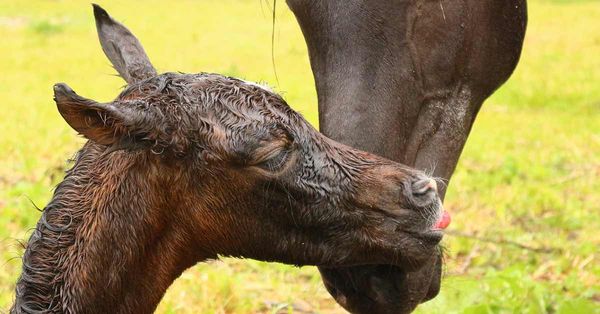
Equine
Q&A: Newborn Foals
A healthy foal nurses from its mother up to seven times an hour for 60 to 90 seconds each time.

Equine
A healthy foal nurses from its mother up to seven times an hour for 60 to 90 seconds each time.
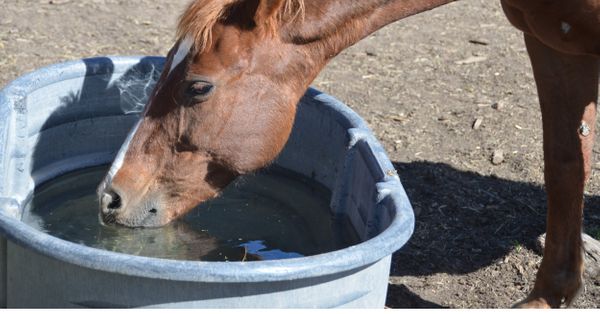
Equine
Just because the weather isn't warm, doesn't mean hydration is any less important. Take these simple steps to make sure your horse is getting enough water this winter.

Dairy
Dairy cows have nutritionists?... That’s right! We caught up with Morgen Doane from Poulin Grain to find out what exactly a dairy cattle nutritionist does, and the critical role they play in a farm’s success…
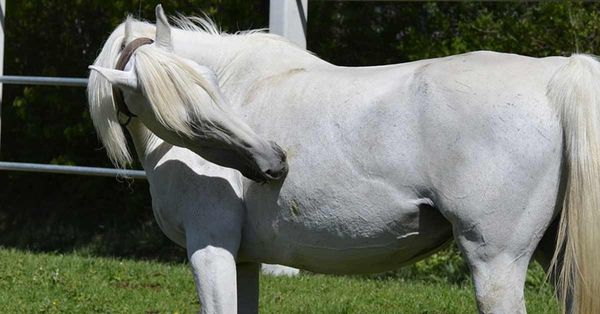
Equine
The incidence of colic in the general horse population has been estimated between 10 and 11% per year. In a recent study, colic was second only to old-age as the leading cause of death in horses.
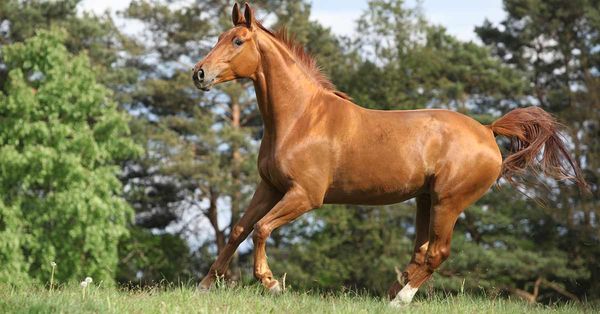
Equine
Myth or truth? How much do you know about protein in a horse's diet?
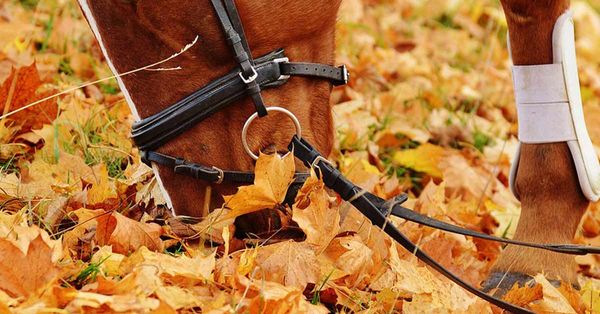
Equine
Fall is here! The leaves are changing, and the temperatures are cooling off. It's hard to imagine that such a pretty time of the year could possibly be harmful to our horses.
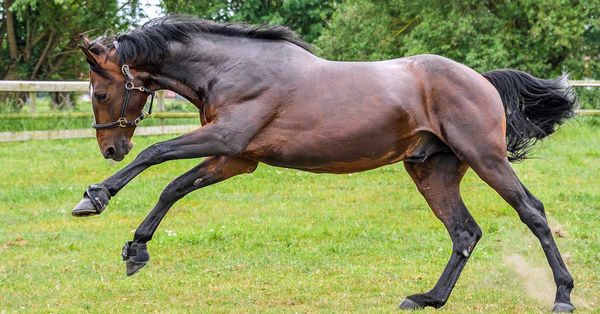
Equine
Soon winter will be over and with spring in the air we will all want to get back in the saddle and start riding our horses again.
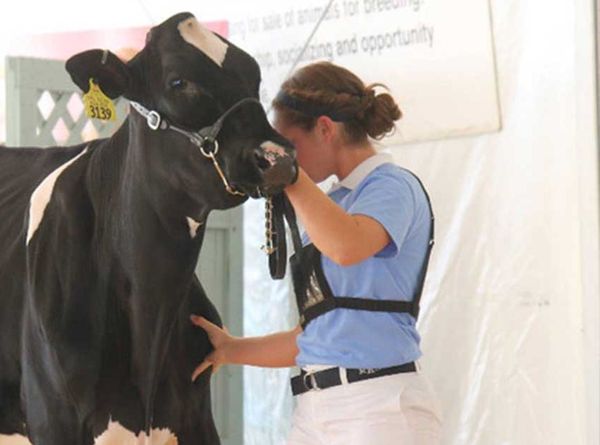
Dairy
Maggie worked with Poulin Grain during the summer for a dairy-focused internship. Learn more about her experience, in her own words!
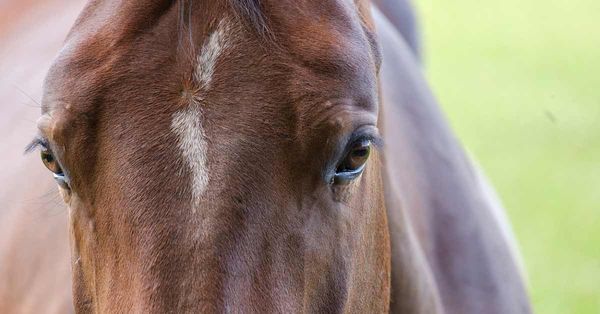
Equine
Fats and oils are commonly used in horse feeds to increase the calorie content of the feed or to replace the calories supplied by carbohydrates.
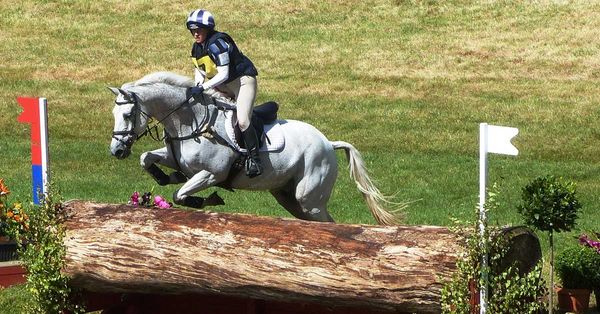
Equine
What makes a horse a performance horse? Performance is “loosely” defined as any form of work or forced physical activity.
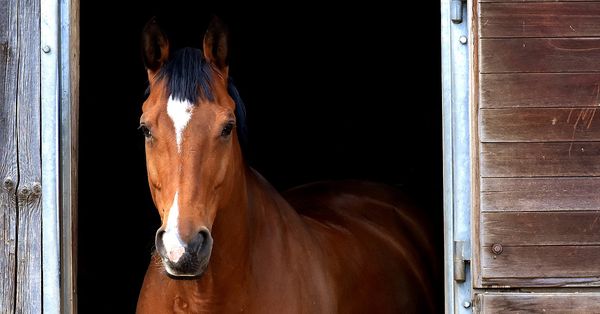
Equine
Polysaccharide storage myopathy is a muscle disease that occurs primarily in horses with Quarter Horse bloodlines such as Quarter Horses, Paint Horses and Appaloosas. Polysaccharide storage myopathy also occurs in other breeds including Drafts, Draft crossbreeds, and Warmbloods.
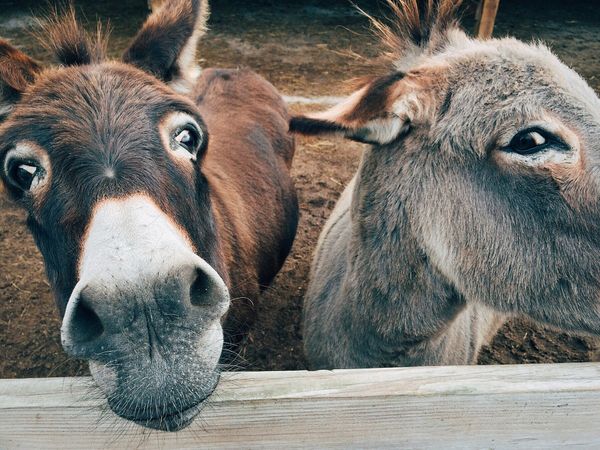
Equine
Mules & donkeys are members of the equine family along with horses, ponies, and zebras. Most people think you can feed them a diet similar to horses but in lower quantity. Donkeys however have unique evolutionary traits that make them anatomically and behaviorally distinct. Donkeys are highly adaptable feeders that